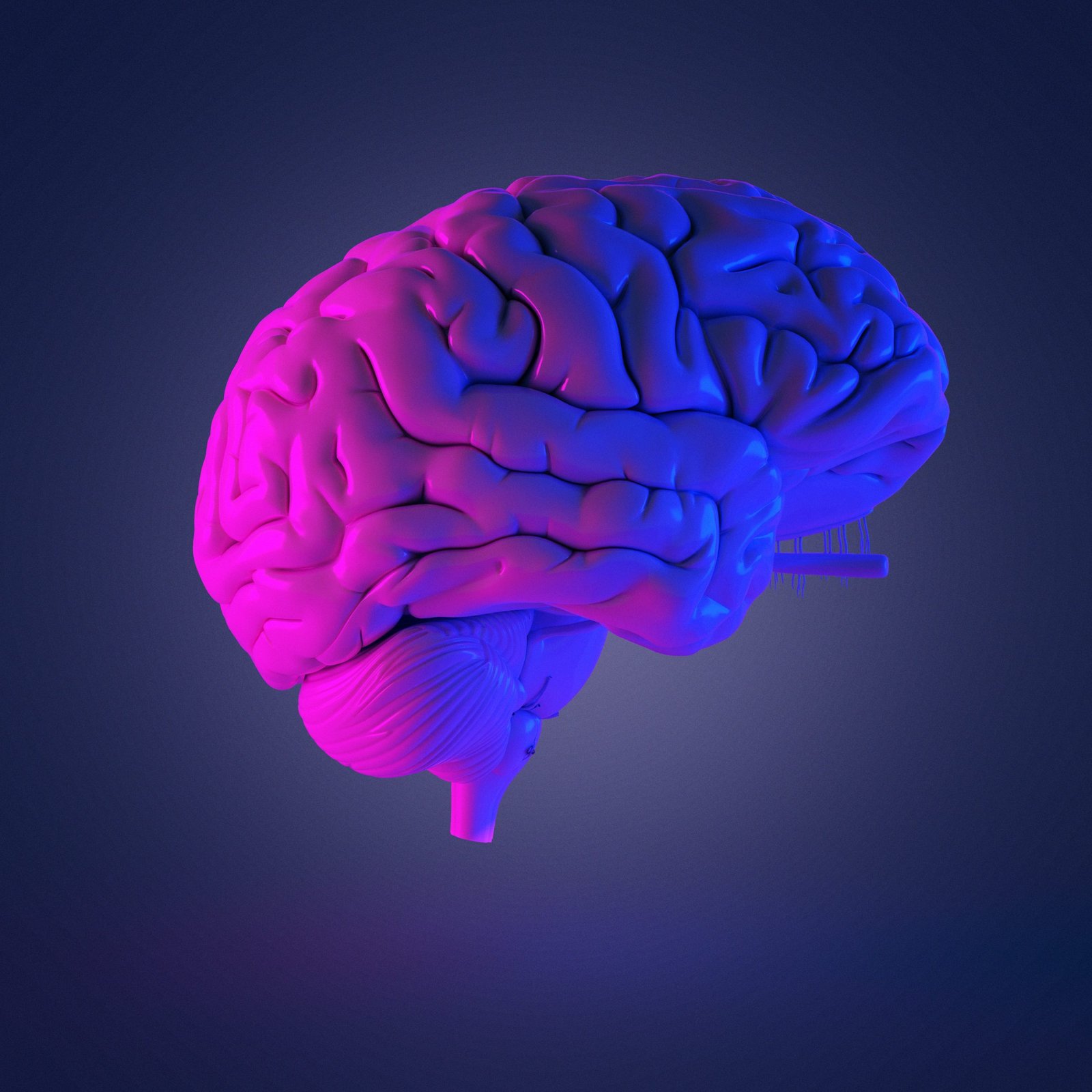A team from the Advanced Telecommunications Research Institute International in Kyoto, Japan and Brown University may have discovered a way of diagnosing autism spectrum disorder using functional magnetic resonance imaging (fMRI) scans. The technique relies on software that analyzes functional connections between regions of the brain to decide whether someone is autistic.
To build the software, the researchers compiled a map of connections between different parts of the brain that measured in the thousands for each brain scanned. Lots of people participated in the scans allowing for the team to narrow down which connections seem to be more or less common in those with autism. They were able to identify 16 specific interregional connections that seem to be the markers for autism.
In a study involving 181 adults in the U.S. and Japan with and without a diagnosis of autism, their “classifier” was able to diagnose with an accuracy of 85% for the Japanese and 75% for Americans.

Discover The World's MOST COMPREHENSIVE Mental Health Assessment Platform
Efficiently assess your patients for 80+ possible conditions with a single dynamic, intuitive mental health assessment. As low as $12 per patient per year.
From the study abstract in Nature Communications:
The classifier achieves high accuracy for a Japanese discovery cohort and demonstrates a remarkable degree of generalization for two independent validation cohorts in the USA and Japan. The developed ASD classifier does not distinguish individuals with major depressive disorder and attention-deficit hyperactivity disorder from their controls but moderately distinguishes patients with schizophrenia from their controls. The results leave open the viable possibility of exploring neuroimaging-based dimensions quantifying the multiple-disorder spectrum.

